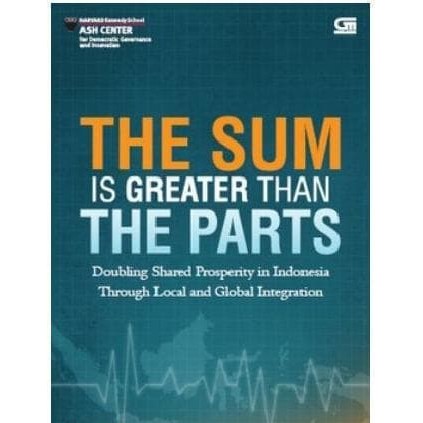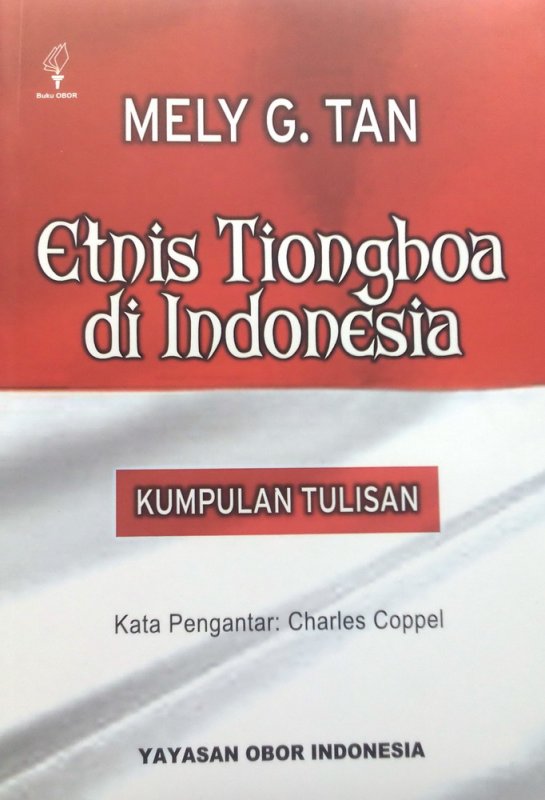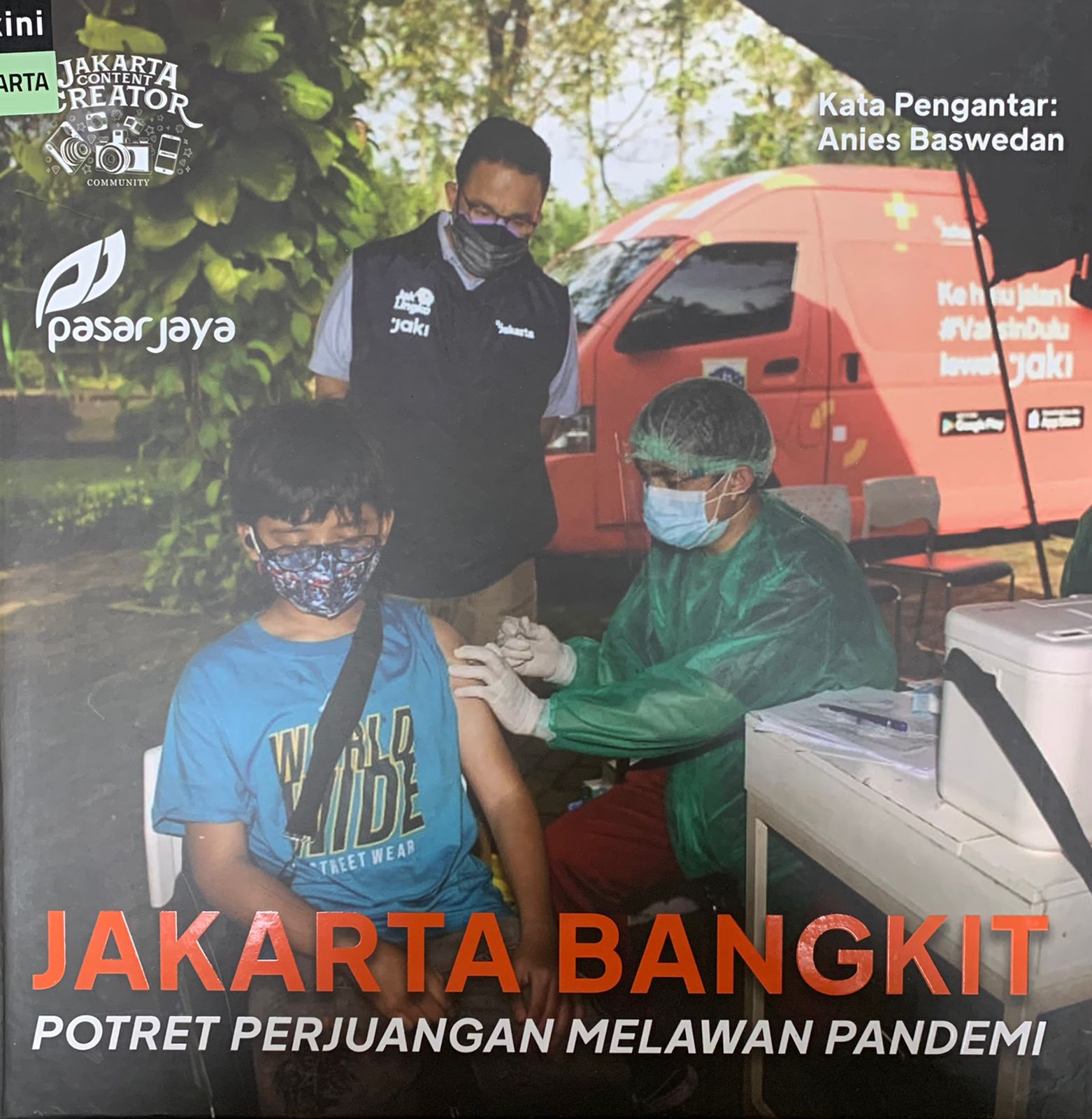





The sum is greater than the parts : melipatgandakan kemakmuran di Indonesia melalui integrasi lokal dan global
SWARDI, Oskar
Tersedia di:
Deskripsi
Judul asli The sum is greater than the parts : ; Bibliografi : hlm. 247-287 ; The government of Indonesia’s primary development objective is to join the ranks of upper middle-income countries by 2025. If Indonesia could generate an annual real GDP per capita growth rate of 8.5 percent for the next ten years, it would be well on the path to achieving this objective. At current projections, this will not be possible. It will fall short in three fundamental dimensions: growth will be jobless, competitiveness will decline and inequality will rise. The binding constraint to accelerating sustainable, inclusive growth is that Indonesia exploits neither the benefits of being a large country nor its international dynamic comparative advantage. Indonesia is beset by local economic fragmentation and global economic marginalization. At present, the sum is worth less than the parts. Based on Indonesia’s history and current situation, the nation has a choice of three future development paths: reactive, proactive and transformative. Reactive best describes the government’s current approach of “muddling through”; proactive refers to policies pursued in response to past major crises such as widespread malnutrition and rural poverty in the 1960s and the collapse of oil prices in the 1980s; and transformative, or fundamental metamorphosis, characterizes the policies that enabled the “Four Asian Tigers” to become high-income nations.
Ulasan
Buku Rekomendasi Lainnya

Menelaah Kembali Format Politik Orde Baru

Psychology and your life Robert S. Feldman
FELDMAN, Robert S.

Etnis Tionghoa di Indonesia : kumpulan tulisan
TAN, Mely G.

Birth centenary library 7 : collected plays and short stories part two
AUROBINDO, Sri

Lembaran negara Republik Indonesia tahun 1954 no. 1-79
INDONESIA.

Sehat tapi enak #1 : 25 resep sehat berdasarkan khasiat warna makanan
SUNARDI, Yohanes ; GONDOWIJOYO, Sheila

Emak
JOESOEF, Daoed

Kitab Komik Filsuf Muslim
-

Surga di telapak tangan yahudi
Windham, Mircea (Pengarang) ; Herman (Penyunting)

Jakarta bangkit : potret perjuangan melawan pandemi
Irfan Budiman (Editor naskah) ; M. Rizky Nugraha (Editor naskah) ; Rifky Widianto (Editor foto) ; Yusie Meiti (Kurator foto)

Meraup untung dari bisnis "dessert box" kekinian
Siska Ameliah (Pengarang) ; Daru Wijayanti (Penyunting)

All that she carried : the journey of ashley's sack, a black family keepsake
Miles, Tiya (Pengarang)

Ensiklopedi hikmah : Memetik buah kehidupan di kebun hikmah
Abdul Halim Fathani (Pengarang)

Uang yang Terselip di Peci
Satmoko Budi Santoso (Pengarang)


